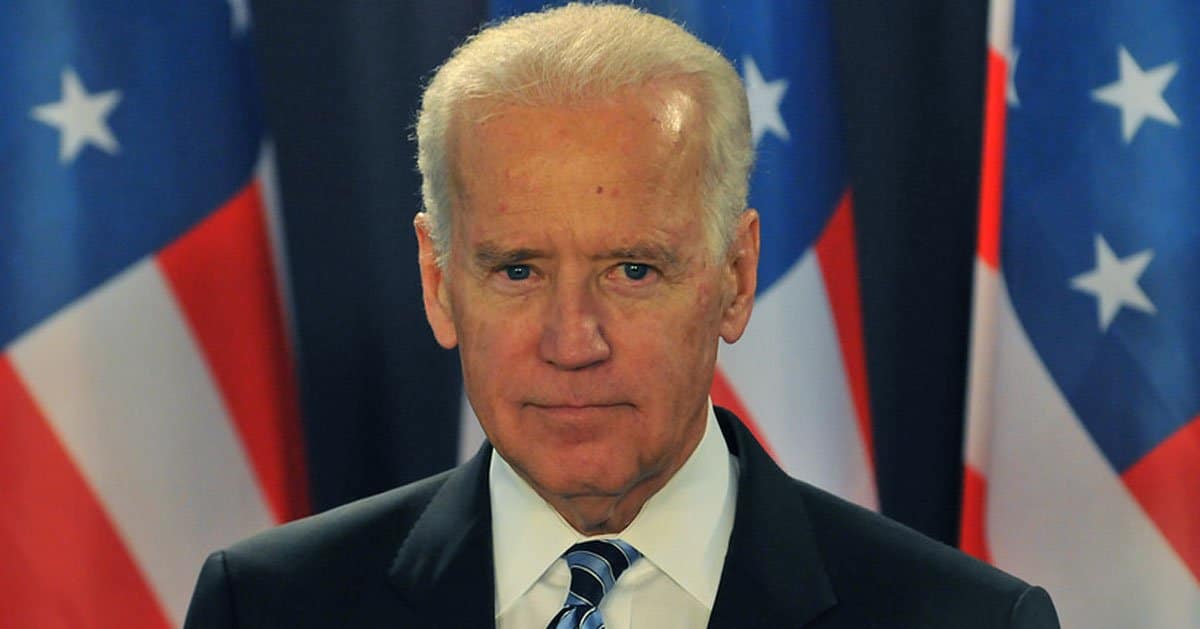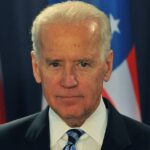





Jill Stein, the 2024 presidential candidate for the Green Party, was arrested this past Saturday at Washington University in St. Louis.
The Washington Examiner reported that the arrest occurred during a demonstration advocating for the divestment of university funds from Boeing. Stein, alongside her campaign team and numerous participants, was part of a larger wave of campus protests across the United States.
The demonstration was meant to persuade Washington University to stop investing in Boeing, a company that is selling weapons to Israel as they fight the terrorist group Hamas.
The protest not only involved Jill Stein but also key members of her campaign team—Jason Call, her campaign manager, and Kelly Merrill-Cayer, her deputy campaign manager. Both were arrested with charges including criminal trespass, while Stein faced charges of assault.
Stein's participation at Washington University marked a high point in a broader movement active across several U.S. college campuses. The protesters at Washington University were part of a nationwide push to address and rectify university investments linked to global conflict zones. Their specific demand was for the university to divest from Boeing, citing the company’s involvement in manufacturing munitions used in Gaza.
The location of Boeing’s facility in St. Charles, near the university, became a critical talking point for the protesters. This proximity provided a stark reminder of the real-world implications of university investments. More than 80 individuals, including students and activists, were arrested during the protest for setting up a camp, which violated university policy.
According to Washington University, the arrests were necessary due to the violation of these policies and the potential safety risks posed by the encampment. They clarified that their actions were a response to perceived threats to safety and order on campus. The statement from the university highlighted the escalation of the protest into setting up camps, which they had explicitly forbidden.
The university and police have faced criticism for their handling of the protest. Witnesses and participants described the police using bicycles to push against protesters, a tactic that has been called into question. Jason Call, speaking on behalf of Stein's campaign, criticized the university’s decision to end the protest, emphasizing the peaceful intentions and moral stance of the student demonstrators.
Call reiterated the campaign’s support for the students and their peaceful methods of protest. His explicit support came alongside a reminder of the broader implications of such divestment movements, linking them to a larger struggle for peace and civil liberties.
The university, on the other hand, defended its actions by stating the immediacy of the risk involved as the protesters began to set up a camp. They insisted that the decision to disperse the crowd was in the interest of preserving safety and preventing further violations of campus policy.
The arrest of a presidential candidate like Jill Stein raises significant questions about political activism and the role of universities in political and ethical debates. Stein herself labeled the police actions as “shameful,” signifying the tension between institutional policies and activist movements.
The incident at Washington University is a clear indication of the complexities involved when higher education institutions find themselves at the crossroads of global political issues and student activism. It also underscores the broader political climate, as Stein's candidacy brings her political and ethical stances into sharp focus, especially in the context of the U.S. presidential race.
In the aftermath of these events, the legal proceedings and the public discourse surrounding university responsibilities, ethical investment, and civil liberties are likely to intensify. These arrests bring to light the intricate balance that needs to be maintained between upholding campus policies and supporting the right to peaceful protest.
To recap, Green Party presidential candidate Jill Stein was arrested during a pro-Palestinian protest at Washington University. This protest, advocating for the university to divest from Boeing due to its involvement in Gaza, is part of a larger series of campus demonstrations. Along with key members of her team, Stein faces charges, with the university and police actions receiving significant scrutiny. This incident not only raises issues about campus policy and safety but also about broader ethical and political dilemmas faced by educational institutions.



